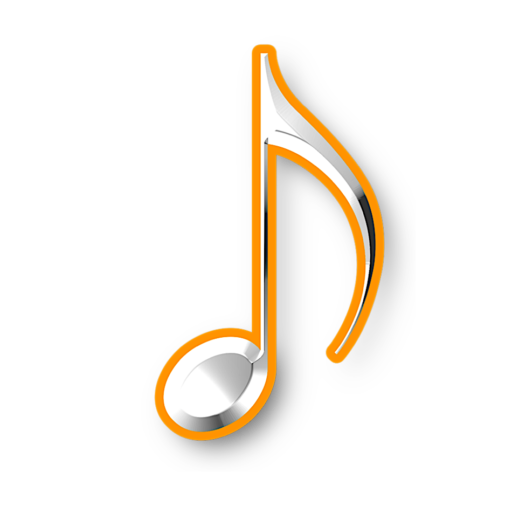
Dance Music
Students need help with their dancing. Being able to identify a waltz (oom-pah-pah), or a Sarabande (slow, in three, and 'sits down' on the second beat) from their distinctive rhythms and texture is useful in itself, but there is an added bonus.













